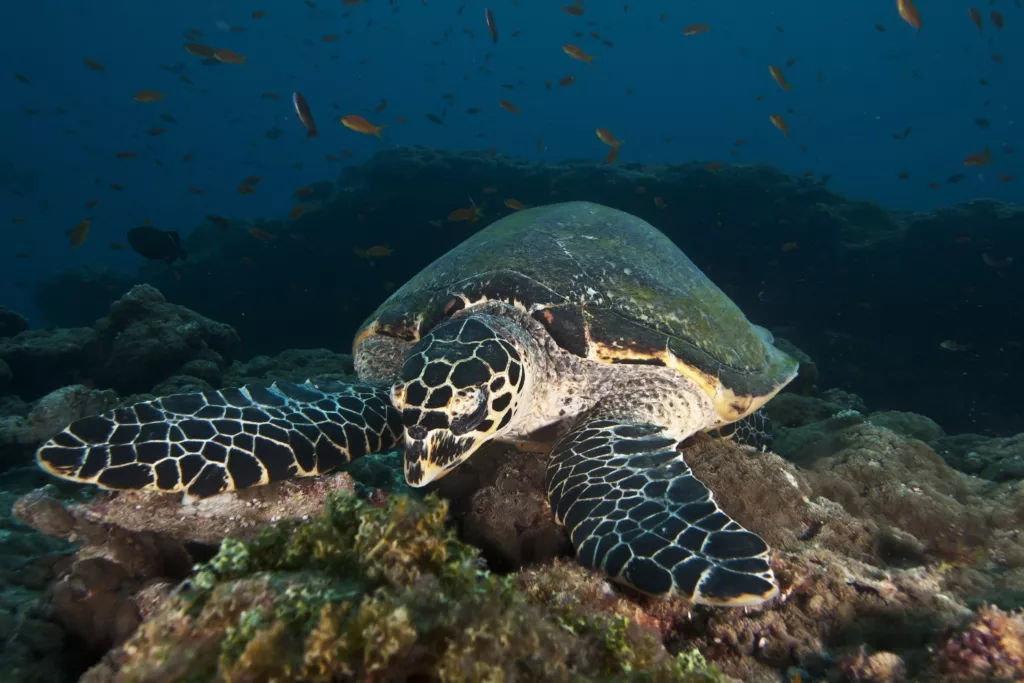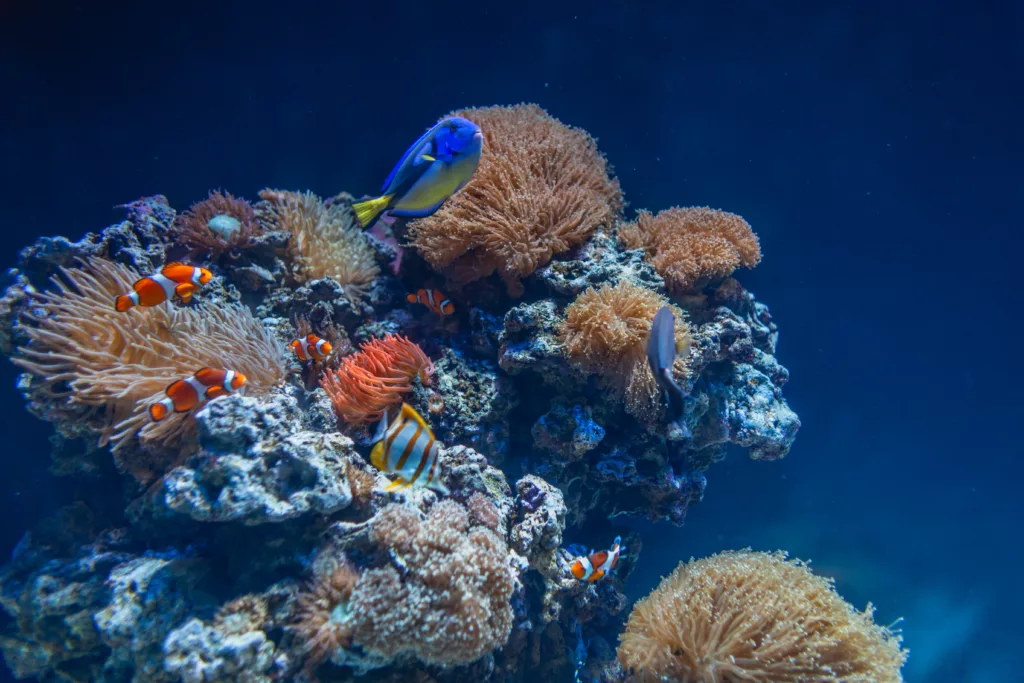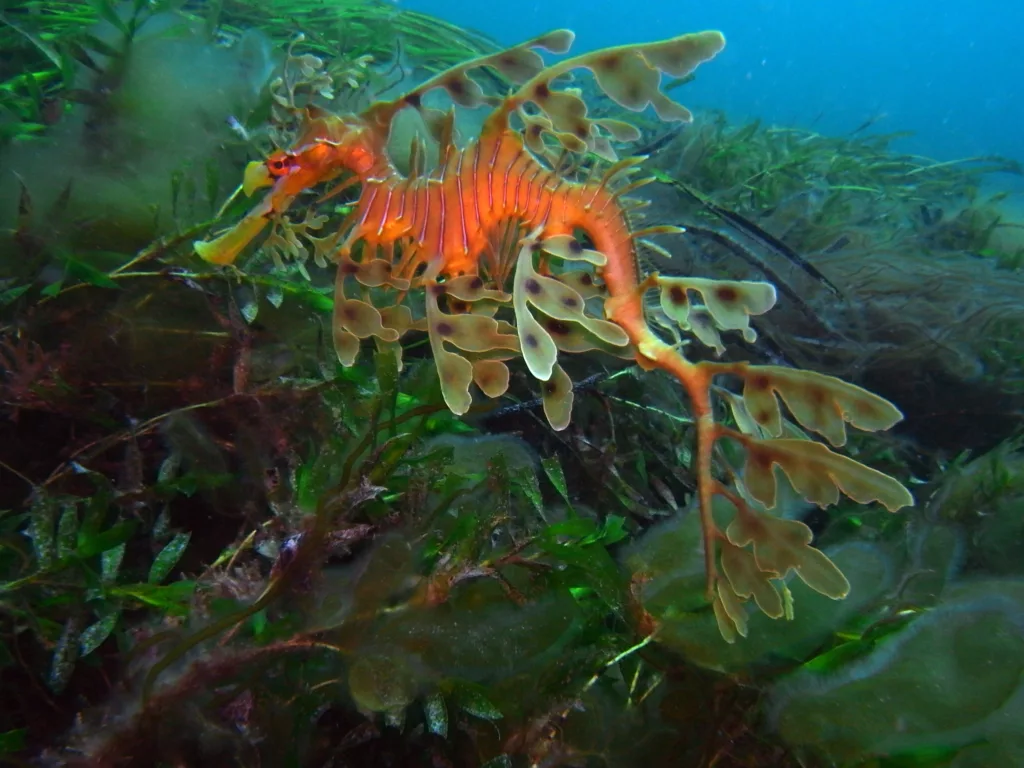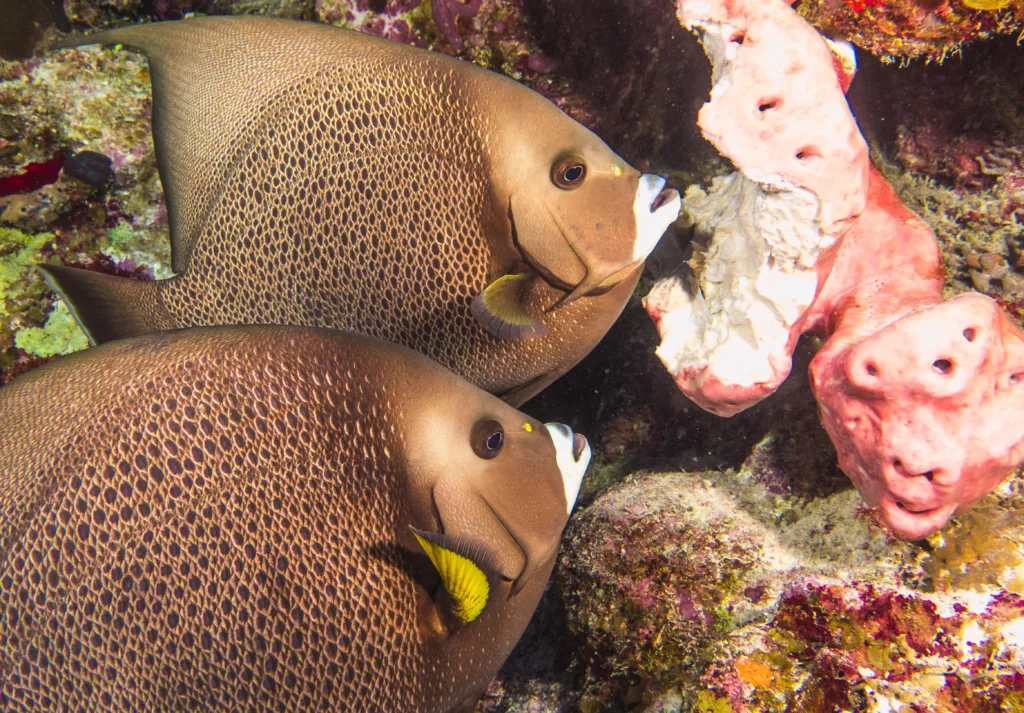The call of the ocean is irresistible to many, but our marine ecosystems face unprecedented threats from overfishing, pollution, and climate change. As enthusiastic advocates for ocean health, whether you’re a seasoned diver or an armchair traveler inspired by underwater adventures, every action counts towards conserving this vital resource. In this blog, we will dive deep into the top actions you can start today to help protect our oceans, with a focus on the enchanting seas of Indonesia and the diving paradise of Bali.
1. Educate Yourself and Others
Knowledge is indeed the stepping stone towards meaningful change, especially when it pertains to environmental conservation. Understanding marine biology, the intrinsic value of biodiverse ecosystems, and the overlying threat of human interference can elevate our conservation efforts. Scuba diving, while a recreational activity, serves as a potent educational platform. Imagine plunging into the crystal-clear waters of Bali; each dive not only astonishes with its vibrant marine life but also educates divers about the fragile coral reefs and the diversity it supports. Often, dive sites are coupled with resources such as guided tours, information boards, and interactive sessions that detail local species, environmental threats, and conservation opportunities. Being aware allows divers and tourists alike to become stewards of the sea. By transforming awe into action, knowledge gained during these dive experiences can be shared widely, cultivating a global community conscientiously working towards preserving these underwater wonders.
2. Choose Sustainable Dive Operators

The choice of dive operator can significantly influence the health of marine ecosystems. In places like Bali, which is a hotspot for divers from around the globe, selecting eco-friendly dive operators is crucial. These operators go the extra mile in practicing and promoting sustainable tourism. Look for certifications and accolades from renowned environmental organizations which validate their commitment. Such operations actively avoid single-use plastics, regularly organize cleanup drives both underwater and on the beaches, and ensure that their staff are trained to respect marine life during tours, thus avoiding any adverse interactions. Furthermore, they play a crucial role in educating divers about responsible dive practices. By choosing such operators, divers indirectly support the preservation of marine environments. Every dollar spent is a vote towards responsible travel practices and conservation-oriented business models, setting a benchmark for others in the industry.
3. Participate in Marine Conservation Projects

Diving in Bali is an opportunity to turn a regular holiday into a conservation venture. The island’s dive spots are often gateways to vibrant marine ecosystems but also conservation areas that offer volunteer opportunities. Participating in projects like coral rehabilitation, species monitoring, or beach clean-ups not only contributes to the preservation of these habitats but also enriches the diving experience. Engaging in these activities helps divers understand the broader impact of their interaction with the marine environment. Projects may include hands-on workshops, where divers are taught how to propagate corals, or scientific dives aimed at collecting data for research on marine biodiversity. Such involvement not only provides immediate benefits to the local ecosystem but ensures its resilience for the future. Moreover, the skills and knowledge gained through these initiatives empower divers to continue advocating and supporting marine conservation in their own communities.
4. Adopt Eco-Friendly Diving Practices

The techniques and practices adopted while diving play a pivotal role in the sustainability of marine habitats. Responsible diving is more than a practice; it’s a commitment to the preservation of the underwater world. Whether it’s the coral reefs of Bali or any other marine site, divers should adhere to non-intrusive diving techniques. This includes maintaining proper buoyancy to avoid physical contact with the coral reefs, which can cause significant damage. Divers are also encouraged not to feed or touch the marine wildlife, as it can alter natural behaviors and potentially harm the health of these species. Additionally, ethical divers should take the initiative to pick up any debris encountered during dives. By following these eco-friendly practices, each diver contributes to minimizing the human impact on marine ecosystems, thereby ensuring that these underwater treasures are preserved for future generations to admire and enjoy.
5. Spread the Word and Advocate
Raising awareness and advocating for marine conservation can ripple outwards from a single individual to influence a wide community. Utilizing the power of storytelling through social media, blogging, or even casual conversations can amplify the need for ocean conservation. Share your experiences and the beauty of the underwater world, alongside the challenges these ecosystems face, to engage a broader audience. This not to only draws attention but also galvanizes community action and support for marine protection policies. Furthermore, advocating for legislation and better policies is crucial for securing long-term protection for marine environments. By vocalizing the need for these measures, and supporting political actions that aim to protect our oceans, every diver and aquatic enthusiast becomes a crucial part of a larger movement aimed at safeguarding the marine biodiversity that sustains the health of our planet.
Embark on a Blue Journey: Every Dive Counts
Our oceans are a treasure trove of biodiversity and beauty, an irreplaceable resource that sustains life on Earth. As divers and travelers, we hold the keys to advocating for and directly contributing to ocean conservation. From the vibrant reefs of Bali to the expansive blue of the unknown, each choice and action can lead to substantial positive change. Let’s embrace our role in the Blue Revolution by integrating conservation into our underwater adventures, spreading knowledge, and advocating for the seas. Jump in—the water’s fine, and the cause is crucial.


The blog post really highlighted the importance of ocean preservation and our role as individual contributors. I especially love how it suggested actionable ways to make a difference, making the task seem less daunting. Diving in Bali sounds absolutely magical, but being able to contribute positively to the environment while doing it is simply incredible.
I totally agree with the post! As someone who loves diving, I know how important it is to adopt eco-friendly practices and support marine conservation efforts. The tips provided in this blog are super helpful and informative.
Dear Ling Ling Wong, thank you for sharing your thoughts on our blog post! We’re thrilled to hear that the tips we provided resonated with you. At Pebble and Fins, we believe that every diver can make a positive impact on marine conservation efforts. From choosing sustainable dive operators to adopting eco-friendly diving practices, there are many ways to contribute to the preservation of our oceans. If you have any questions or would like to learn more about our conservation initiatives, please don’t hesitate to reach out to us at [email protected] or +62 857 3891 8262. We’d be happy to hear from you and explore ways to work together towards a common goal. Best regards.
Wow, what a great post! I’m from Malaysia, and we’re surrounded by beautiful marine life. It’s so important to educate ourselves and others about the importance of conservation. I love that this blog highlights the impact of our actions on the ocean.
Thank you so much for your enthusiastic response, Amirah! We’re thrilled to hear that you share our passion for ocean conservation. As a fellow marine life enthusiast from Malaysia, we’re excited to learn more about your experiences and perspectives on the importance of conservation. Our blog aims to inspire action and encourage sustainable practices in marine tourism. By choosing eco-friendly dive operators and adopting responsible diving habits, we can all make a positive impact on our oceans. We’d love to hear more about your favorite dive spots or any initiatives you’re involved with that promote marine conservation.
I’m from Indonesia, and I’ve had the privilege of diving in some of the most beautiful spots around the world. This post really resonates with me – it’s so important to spread awareness about marine conservation and support sustainable tourism practices.
Thank you for sharing your personal experience and passion for marine conservation, Rizki! We’re thrilled to hear that our blog post resonates with you. It’s wonderful to see individuals like yourself making a positive impact through sustainable tourism practices. At Pebble & Fins, we’re committed to not only providing unforgettable diving experiences but also contributing to the preservation of Indonesia’s incredible marine ecosystems. If you have any questions or would like to learn more about our conservation efforts, please don’t hesitate to reach out. We’d love to hear your thoughts and ideas on how we can work together to protect these underwater wonders.